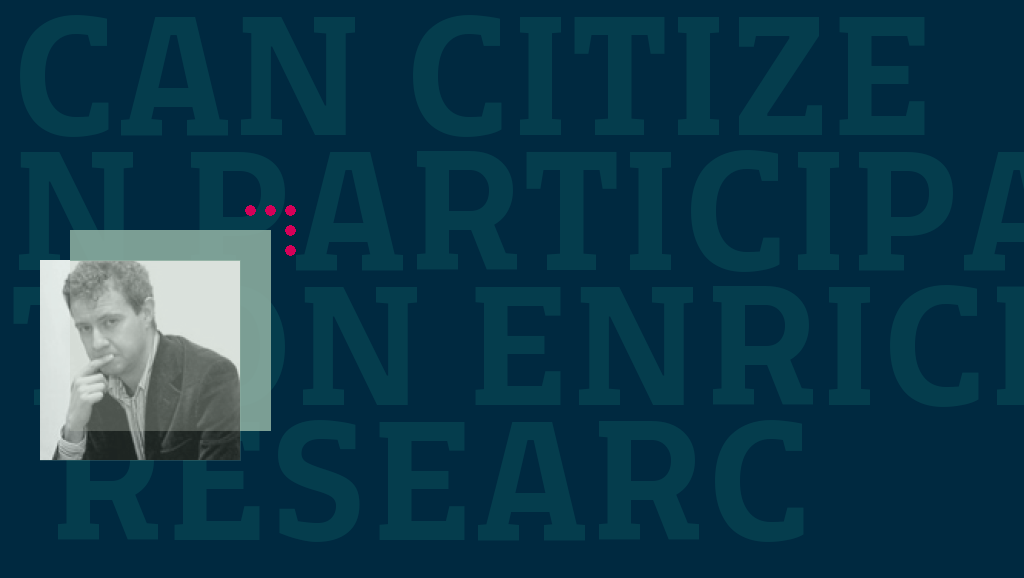Nuclear power, GMOs, stem cells: the more science advances, the more society seems to make resistance. We often say and hear that this vision has been surpassed by increasingly sophisticated analyses of the relationships between research and the citizens. Indeed, one could trace the history of the policy framing of such relationships by analysing the linguistic shifts in EU documents and funding schemes: from "public awareness of science", to "dialogue", from "science and society" to "science in society".
Still, to quote the recent conclusion by an influential group of European Scientists "One lesson to emerge after a decade of controversies (GM food, stem cells, reproductive technologies…) is that research, development and innovation can hardly prosper in the face of social opposition to science" (Conclusions of the European Group of Life Sciences, dec. 2004).
More or less explicitly, accounts of science and society relationships often convey an impression that citizen participation and mobilization are largely perceived as a potential obstacle for research and innovation, to be as far as possible prevented or removed by virtue of appropriate initiatives.
However, examples are growing of citizens actively supporting research. Think about the contribution given, in terms of fund raising or personal involvement, to cancer or aids research, or, more recently, to the success of associations like Telethon or the Association for Muscular Dystrophy in France (AMF) in promoting research on particular pathologies that both public and private research would have otherwise never undertaken.
So is society dumb, but only in certain cases? What about the patient and homosexual organizations that, in the US, massively influenced the agenda of anti-aids drug trial tests, obtaining for instance abbreviated drug authorization procedures or rejecting placebos. Although some may disregard this as ‘impure science’ the very same conditions that today make possible a wide public debate on biotechnologies did make possible to support and fund cancer or aids research on an unprecedented scale in the history of medical research.
Citizen participation can be today – and is likely to be even more so in the future – an important resource to promote and strengthen research in a democratic Europe. However, we have to understand that citizen participation, however, is not an easy button to push, something which can be easily activated or deactivated according to the needs of a research policy that is defined elsewhere, Citizens’ point of view is not a problem to worry about ‘after the fact’: society does not come into play once science is made. One of the reasons why this does not make sense is that citizen participation is already happening – whether we like it or not, whether we encourage it or not.
Policy research in a democratic Europe has to take into account citizens’ point of view since its early stages, upstream the policy process.
A knowledge society, today, is not only compatible with a democratic society. A knowledge society, today, cannot exist without a society which is truly democratic in all of its processes, including the governance of knowledge.
CAN CITIZEN PARTICIPATION ENRICH RESEARCH POLICY?
















